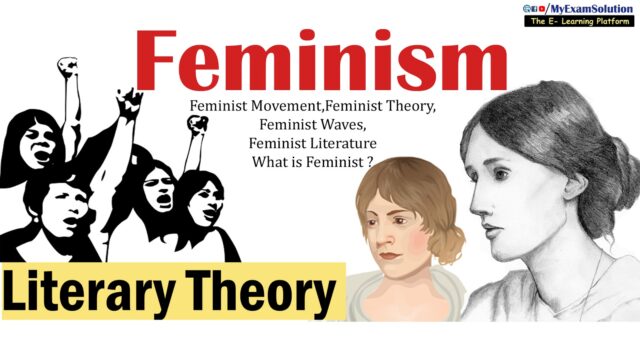The theory of feminismis a critical paradigm that aims to end sexism and oppression. It advocates for equal treatment of both men and women. The theory seeks to understand, critique, and address gender inequalities and the systemic structures that perpetuate them. Women should be given an equal opportunity to school just like men. Nigeria’s government should eliminate cultural practices and beliefs that men are superior to women and that education is unnecessary to women. Additionally, there is a need to eliminate women’s discrimination. Women empowerment through education could help eradicate poverty in the country, reduce the level of mortality associated with health, and contribute to the country’s economic development. Sexual objectification is another major proponent of the feminism theory. Sexual objectification means viewing and treating women solely as objects of sexual desires. According to the feminism theory, women are treated not as human beings but as commodities and objects.
Feminism theory

GHP is an area in public health focused on transforming the evidence and political will into public interventions. The global health issue prevalent in Nigeria is female education. More males in the country are offered opportunities to a school than
females as influenced by religious and cultural practices. Enhanacing women education would help to enhance economic development, reduces the mortality rate, prevents early pregnancies and adolescent marriages.
Women account for more than half of Nigeria’s population. Therefore, through empowerment, they can help the country move forward. The theory of feminism stems from the belief that women are not in any way inferior to men, and neither should they only be valued based on their relationships with men, systems, disciplines, and world structures.
The theory of feminism focuses on gender inequality and features themes such as discrimination, oppression, stereotyping, and sexual objectification.
